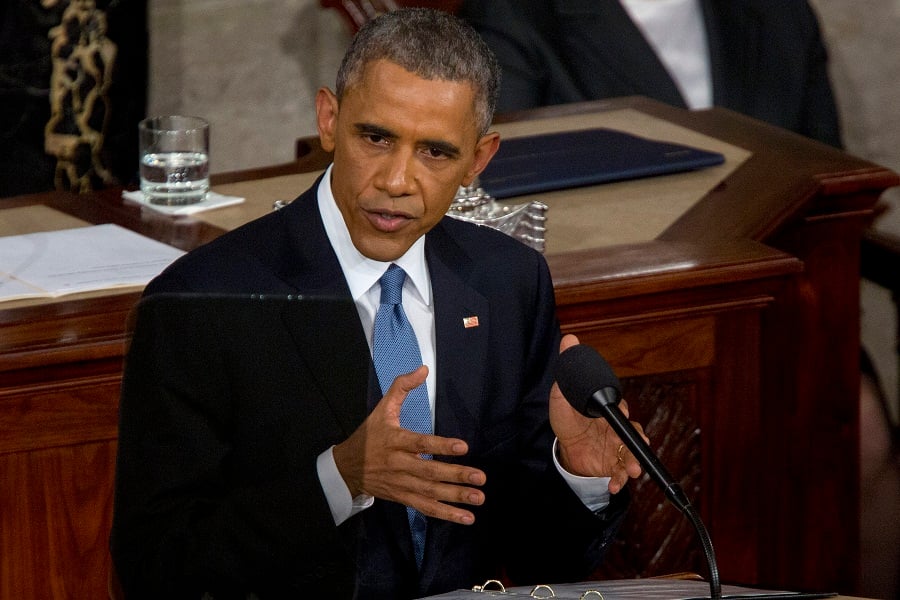In Tuesday night's State of the Union address, President Barack Obama laid out many big picture ideas meant to support his theme of “middle-class economics.” What was conspicuously missing in this discussion was any mention of taxes, beyond the contextual talk about “closing loopholes” for wealthier folks.
White House officials, ahead of the speech, provided journalists with details of Mr. Obama's tax plan — specifically that he would propose raising the marginal capital gains rate to 28% (including the 3.8% surtax), and perhaps more importantly, eliminate stepped-up basis of capital gains assets at death.
Why would Mr. Obama avoid specifics when his team released the plan ahead of time? Well, one reason is that proposals put forward in the State of the Union, especially with an unfriendly Congress, rarely become law — our friends at
fivethirtyeight.com found that just 5% and 14% of his proposals became law in 2013 and 2014, respectively.
However, I think it is worth analyzing the potential effects of capital gain changes in the event that these reforms do become law. Macroeconomic questions abound: Would closing this loophole mean more efficient transfer of assets? Would it mean fairness between those forced to liquidate capital gains assets at the end of their life for long-term care and those able to self-insure? These are important questions for policy makers to ponder as they decide whether to write this legislation and whether to pass this legislation into law.
(More: In Obama's State of the Union, advisers see a 'provocative' call to tax wealthy)
But what about each individual case — how could these changes affect your clients? Which planning considerations would be impacted by a higher capital gains rates and an end to stepped-up basis? Closely held business owners and those holding significant highly appreciated securities would have to rethink their estate plans to avoid leaving their heirs huge tax bills upon their deaths. Here are three potential planning issues.
A heavy tax bill could force heirs to sell a business they do not want to sell. Children overwhelmed with a large tax bill upon inheritance may not have the liquid assets to satisfy what they owe Uncle Sam, forcing a fire sale of a business the grantor clearly wished to remain in the family. While the tax bill would be unavoidable, planning to transfer enough liquid assets to cover the costs could prevent this unfortunate occurrence. Advisers could address this risk by helping clients diversify their concentrated holdings before death, perhaps through a sale of restricted securities or an exchange fund.
(More: How to make good use of long-term capital gains)
The inevitability of capital gains taxes might encourage business owners to form a more economically efficient succession plan with successors more suited to the task of owning the business. Let's face it — children are not always the best successors to a business built by a parent. Watching a business crumble under poor inherited leadership is a movie we have all seen. Nepotism will always exist, but if avoidance of capital gains taxes was not possible, more closely held business owners might be open to transferring ownership to worthy employees via an employee stock ownership plan or to an outside successor via a leveraged buyout.
It could mean higher rates of charity donation, which would be the only remaining way of avoiding the heavy tax bill on highly appreciated securities. Higher capital gains taxes and elimination of stepped-up basis could heighten the incentive to donate those assets to charity. The flexibility, low cost and accessibility of donor-advised funds — which allow donations of highly appreciated securities — could make them a great vehicle for the charitably inclined and the tax-shy.
John Nersesian is managing director at Nuveen Investments Wealth Management Services.







